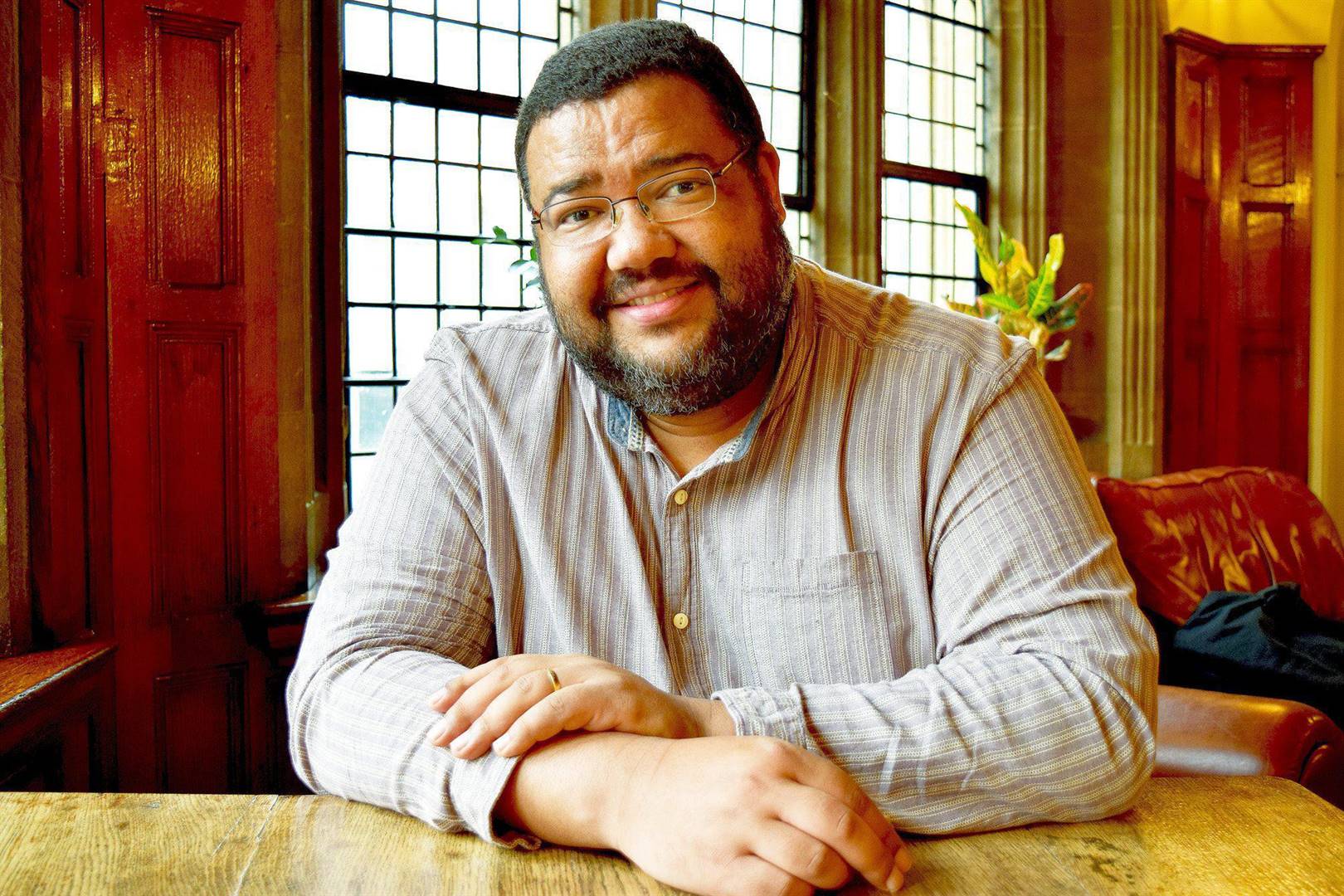
- A new report shows that South Africa lost R1.5 trillion to corruption and state capture between 2014 and 2019.
- Business leaders say as long as people aren't going to jail, SA can't fight corruption.
- They want SA to protect whistleblowers more.
When Unite 4 Mzansi released a report that South Africa lost R1.5 trillion to corruption and state capture between 2014 and 2019, many people wondered how much more the country bled owing to several personal protective equipment (PPE) procurement scandals.
Corruption continues unabated in the country, despite all the revelations in the state capture commission and well over R800 million that's reportedly been poured into it.
The problem? People aren't yet in orange overalls. Whistleblowers are victimised, and companies are more concerned about cleaning their public image than reordering their house, Unite 4 Mzansi said on Wednesday.
Unite 4 Mzansi – an initiative led by the South African Institute of Chartered Accountants (Saica) and business leaders – wants SA to start correcting and strengthening its vulnerable governance processes, both in the public and private sector. And to do that, there need to be legal consequences.
No legal consequences
"If the evidence does not lead to people being charged criminally and going to jail, I'm afraid this is going to stay with us through another round of corruption down the line," said KPMG chairman Wiseman Nkuhlu - who is one of the Unite 4 Mzansi advocates.
Nina Callaghan, a researcher at the Centre for Sustainability Transitions at Stellenbosch University, said even when evidence of illegal activity is clear - such as the videos presented at the State Capture Commission - people aren't being put in orange overalls. Instead, she said there seems to be fear about unsettling the political order.
"I think there's a reluctance on the part of some of our state institutions to take firm and clear action," said Callaghan.
But she added that the focus should not only be on those who get caught. She said the country also needs to get to a point where the possibility of being caught is real.
"If we were to put our efforts and sanctions in the right place, this idea of trying something unethical or illegal at all would have some kind of resistance," she said.
Saica CEO Freeman Nomvalo said professional bodies such as Saica also need to hold members accountable more quickly. He said the public was correct to call Saica out because they don't see the consequences befalling those who have done wrong quickly enough.
"I think the process is slow and tedious," said Nomvalo.
He said Saica wants to get to a space where straightforward matters are dealt with more quickly.
The need to protect whistle-blowers
Athol Williams, who resigned from Bain in 2019 after accusing the company of withholding information to the Nugent commission of inquiry, said another problem is that the system punishes those who stand up for truth in SA.
"My experience of speaking up against what I saw at Bain and Company in terms of [its] involvement in SARS, the involvement more broadly across our society was met with scepticism by the business community. I literally have been shunned by all of my business contacts," he said.
Williams said all the CEOs of JSE-listed companies he'd worked closely with for over 20 years turned their backs on him. And the only support he got was "platitude statements" in public.
"I think the same goes for state capture and corruption. More broadly, I don't think we've got a strategy for dealing with corruption and state capture," said Williams.
Nomvalo said Williams was not the first whistleblower to be shunned for speaking up against corruption, although companies make public statements about supporting those who raise the red flags. The Saica CEO pointed out that Wendy Addison, who blew the whistle on fraud at LeisureNet, went from being a treasurer at a JSE-listed company to being a beggar.
"What we see being prevalent is that the consequences befall those who are upright. Those who do the right thing and stand up for what is right," said Nomvalo.
He added that Saica saw it fit to establish the Unite 4 Mzansi platform because of this reason.
